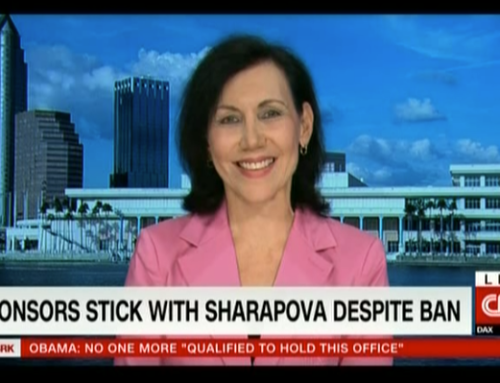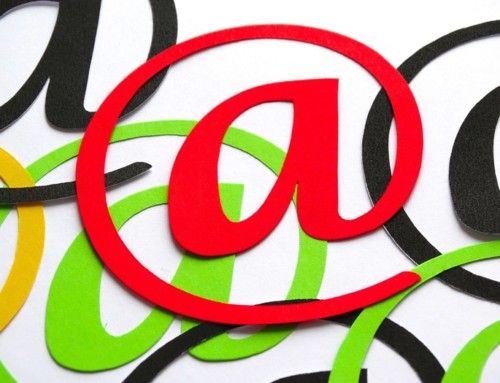I was at the Midway Airport in Chicago last week, waiting for a flight out. A young guy approaches me and asks, “Are you the Branding Diva?”
“Yes, I am.”
“Wow, that’s so cool. I have your book and read your column in Fast Company.”
“How did you know it was me?”
“I’ve seen your photo in the magazine, but can’t really remember what you look like. But from your writing, I feel like I know you. When I saw that red leather band on your wrist covered with rhinestone bling and letters spelling out ‘brand,’ I knew it was you.”
Well, that little branded red bracelet opened the conversation that led to my getting booked by his company to deliver a speech.
That’s selling without selling.
My little episode of being recognized in public happens to lots of people in many industries every day. People become magnets for their products and services based on their personal branding.
Chester Elton works with O.C. Tanner, an international employee recognition company. He and fellow consultant Adrian Gostick created The Carrot Culture, a collection of programs and books including The 24-Carrot Manager and Managing with Carrots. When you meet Chester, he’ll be sporting a bright orange shirt, a very orange-faced watch, and maybe orange boxers – he won’t say. His business card is fresh and, yes, it has a carrot. He’s a walking brand.
If you work for a company, people will partly brand you by that association. And if you sell a certain line of products or services, they may tag that to your brand also. But by far, whether you work with a corporation or own your firm like I do, your personal brand is 95% of your selling arsenal.
Think about Donald Trump. Way before his TV show, he had a very defined brand. His visual style, his high profile, and his bad hair paved the way for many of his recent opportunities. The Apprentice now has many brand extensions, and office business developments called Trump Towers are popping up everywhere.
People buy from people.
The more distinct you are, the higher your awareness, the more contact points you have that communicate who you are and why you’re the expert in your field — the more people will seek you out, buy your wares, and become loyal followers.
Is your outgoing voicemail message branded with your personality? Does your email signature communicate your expertise? Does your wardrobe reflect who you are?
Brands are mental imprints and market perceptions derived by a sum of actions. Branding isn’t just a logo or some catchy tagline. It’s a behavior reflecting the values of what you’re selling, your product, company, or you. A brand is the end result of all one’s efforts. It’s what buyers and prospects carry around in their heads when they think of you, your offering, or your company.
Creating a personal brand starts with a written plan.
Set your accountable career and personal goals, an action plan, then stick with it. Building brands for anything takes consistent messaging and actions.
Focus on how you’re different and leverage the heck out of it. Is it your name? Your niche? Your style? Your background or some metaphoric symbol like Chester’s carrot?
It’s not who you know – it’s who knows you.
My good pal, Jeffrey Gitomer, international sales guru, confirms, “Branding is not rocket science, but it does take an awareness and brand-on-the-brain thinking.”
People don’t like to be sold, but they love to buy.
It could be your killer product, your awesome service or fabulous self — a great brand lubes the sales process and if you get it right, they’ll be back for more.
Gitomer sells lots of stuff. He’s also a branding machine. He was not born a high profile guy. He started his career peddling T-shirts, but today he sure enjoys the benefits of his brand.
In his best-selling book, The Little Red Book of Selling, he suggests:
Walk the brand talk.
Gitomer does. His brand is bold and in your face. His web address is his brand name: Gitomer.com. His style is always consistent and he stands out. He uses creative methods to tell his story, from custom minted coin business cards, to his speaker wardrobe, which symbolizes his hard-working persona, a red mechanic’s uniform.
Everyone can brand themselves. And it doesn’t mean you’re an egomaniac. It means you’re a smart businessperson.
Besides, it’s a lot more fun being hunted down by interested buyers than selling and trying to find takers. Brand On!





